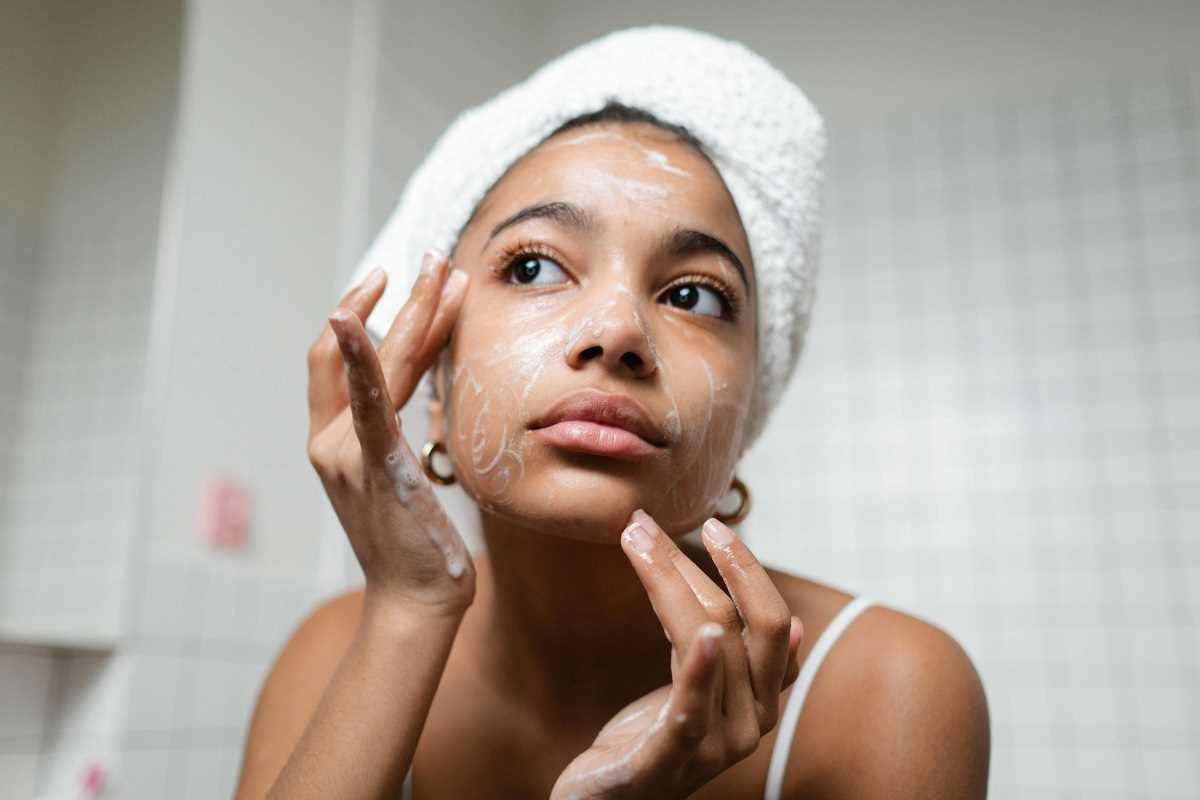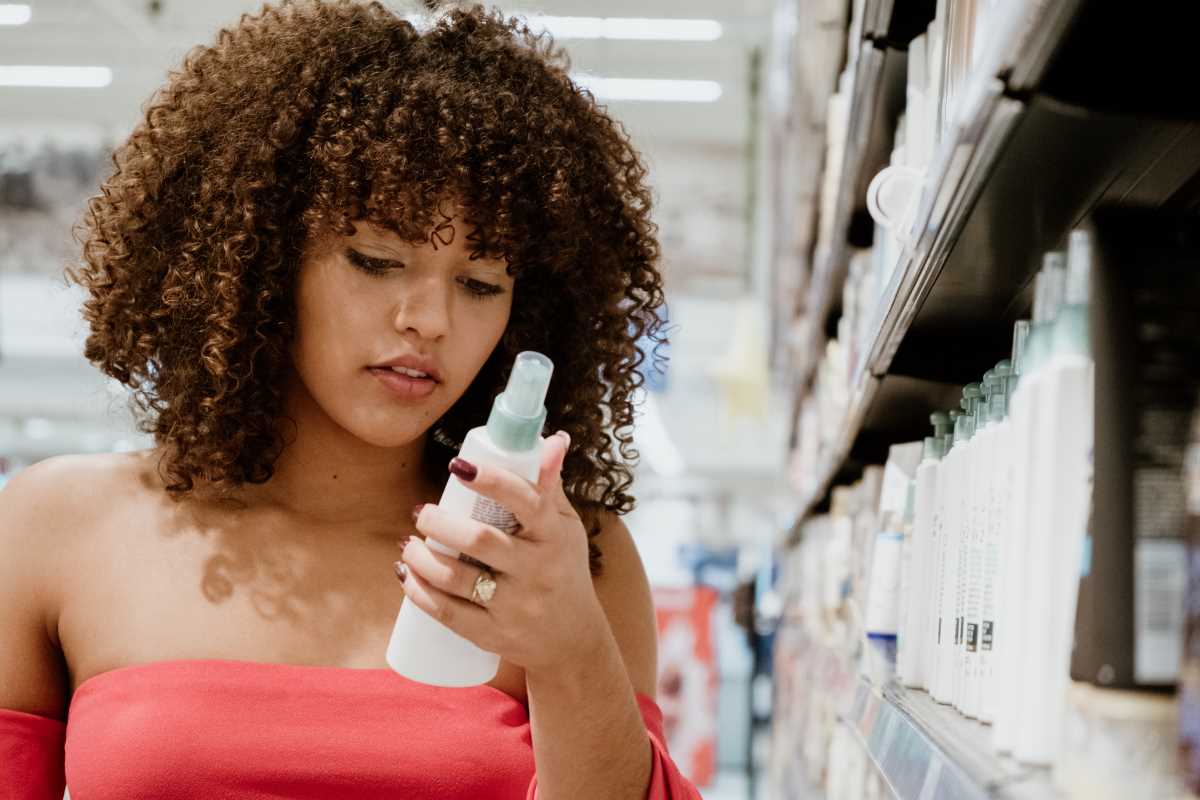Fermentation may bring to mind bubbling kombucha or tangy kimchi, but it’s also making waves in the beauty industry. Fermented skincare is a growing trend that combines ancient traditions with modern science, offering a range of benefits for healthier, more radiant skin. But what makes fermented products so special? The answer lies in the unique transformation that occurs during the fermentation process, making ingredients more potent, bioavailable, and nourishing for the skin.
The Science Behind Fermentation in Skincare
At its core, fermentation is a natural process where microorganisms like bacteria, yeast, or enzymes break down substances into simpler forms. Think of it as pre-digesting ingredients, allowing them to become smaller and easier for the skin to absorb. The process often enhances the concentration of vitamins, probiotics, and active compounds while reducing potential irritants.
For example, complex sugars and proteins in raw ingredients often can't penetrate the deeper layers of the skin due to their size. During fermentation, these compounds are transformed into smaller molecules, increasing their bioavailability. This means your skin can absorb and utilize these nutrients more effectively, amplifying the benefits they deliver.
Here’s a closer look at the specific skin benefits that fermented ingredients bring to the table:
1. Improved Absorption
One of the key benefits of fermentation is that it enhances the skin’s ability to absorb vital nutrients. Large, complex ingredients are broken down into smaller molecular structures during fermentation, helping active compounds penetrate deeper into the skin.
For instance, rice water—a popular fermented skincare ingredient—has been revered for centuries in Asian beauty rituals. When fermented, rice water becomes enriched with amino acids, vitamins, and antioxidants, all of which can penetrate deeply to bring added hydration, brightness, and softness to the skin.
2. Enhanced Potency
Fermentation doesn’t just break ingredients down; it also boosts their potency. Many fermented products become "supercharged" with higher concentrations of key nutrients. Take kombucha, for instance—a fermented tea teeming with organic acids, probiotics, and vitamins. When used in skincare, kombucha’s antioxidant properties help combat free radicals, promoting a youthful, glowing complexion.
Another example is fermented yeast, often found in high-end serums and essences. Yeast fermentation enhances its beta-glucan content, a compound known for moisturizing properties and its ability to repair the skin’s barrier.
3. Balanced Skin Microbiome
The skin's microbiome—its ecosystem of beneficial bacteria—plays a crucial role in maintaining overall skin health. An imbalance can lead to conditions like acne, dryness, or sensitivity. Fermented ingredients often contain probiotics or prebiotic compounds that nourish good bacteria on the skin, creating a balanced environment where the skin can thrive.
For example, some fermented products include lactobacillus ferment, a probiotic that soothes inflammation and strengthens the skin barrier. A healthy microbiome also boosts the skin's resilience against environmental stressors, pollution, and harmful bacteria.
4. Gentle on Sensitive Skin
Fermentation can break down harsh or irritating compounds, making the product gentler on sensitive skin. This is particularly beneficial for ingredients like soy or certain plant extracts, which some individuals find irritating in their raw forms. Fermented versions often retain their benefits while reducing the likelihood of adverse reactions.
5. Natural Preservation
Fermentation extends the shelf life of ingredients naturally by creating an acidic environment that minimizes harmful bacteria growth. This means fewer artificial preservatives are needed in fermented skincare products, aligning with the clean beauty movement.
Popular Fermented Skincare Ingredients
Curious about which fermented ingredients are worth adding to your routine? Here are some favorites gaining traction in the beauty world:
- Rice Water: Rich in vitamins B, E, and antioxidants, fermented rice water helps brighten skin tone, improve elasticity, and boost hydration.
- Kombucha: A fermented tea packed with probiotics and antioxidants, kombucha helps fight dullness, redness, and environmental damage.
- Fermented Yeast: Used in many brightening serums, fermented yeast enhances skin repair, hydration, and radiance.
- Fermented Fruit and Vegetables: Ingredients like fermented papaya or cabbage are loaded with enzymes and vitamin C, promoting exfoliation and glow.
- Miso Ferment: A fermented soy-based ingredient, miso is deeply nourishing and helpful for revitalizing tired or damaged skin.
Addressing Concerns About Fermented Skincare
Despite its growing popularity, some people might hesitate to use fermented products due to misconceptions. One common worry is that fermentation might leave products too acidic or cause irritation. However, most skincare formulations containing fermented ingredients are carefully tested to ensure they're safe and balanced for topical use.
Another misconception is that fermented products smell unpleasant, but that’s not the case. While some fermented foods like kimchi or sauerkraut carry a strong aroma, fermented skincare products are often scented with subtle, pleasant fragrances or left unscented.
It’s also worth noting that individuals with highly reactive or allergy-prone skin should always patch-test new products, including those with fermented ingredients, to rule out any adverse reactions.
How to Incorporate Fermented Skincare Into Your Routine
If you’re ready to reap the benefits of fermented skincare, here are some tips to get started:
- Start Small - Introduce one fermented product at a time, such as a serum, essence, or mask, to gauge your skin’s reaction.
- Layer Wisely - Fermented products often have a light, watery texture. Use them after cleansing and toning but before heavier moisturizers or oils.
- Look for Multi-Purpose Products - Many fermented ingredients offer multiple benefits. For instance, kombucha or fermented rice water can double as hydrating toners and brightening treatments.
- Pair With Other Actives - Fermented ingredients often complement active skincare compounds. Fermented yeast, for example, works well alongside hyaluronic acid for enhanced hydration.
- Stick to the Instructions - Always follow the recommended usage on the product packaging for optimal results. Overusing even gentle ingredients can sometimes irritate the skin.
Fermented skincare products are more than just a trend; they’re a testament to the fusion of tradition and science. With their ability to enhance absorption, boost potency, and support the skin’s microbiome, fermented ingredients offer a wealth of benefits for anyone looking to elevate their beauty routine. Whether you incorporate fermented rice water for hydration, kombucha for antioxidants, or fermented yeast for radiance, these "supercharged" ingredients can give your skin the nourishment it deserves.
 (Image via
(Image via





